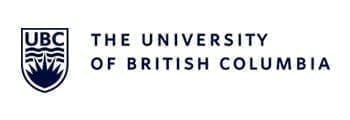1940s-2019 | Scroll down and explore!
Although the Canadian Bureau for International Education was incorporated in 1966, the organization developed in the late 1940s as Friendly Relations with Overseas Students (FROS). The organization was also previously named Canadian Service for Overseas Students and Trainees (CSOST).
























